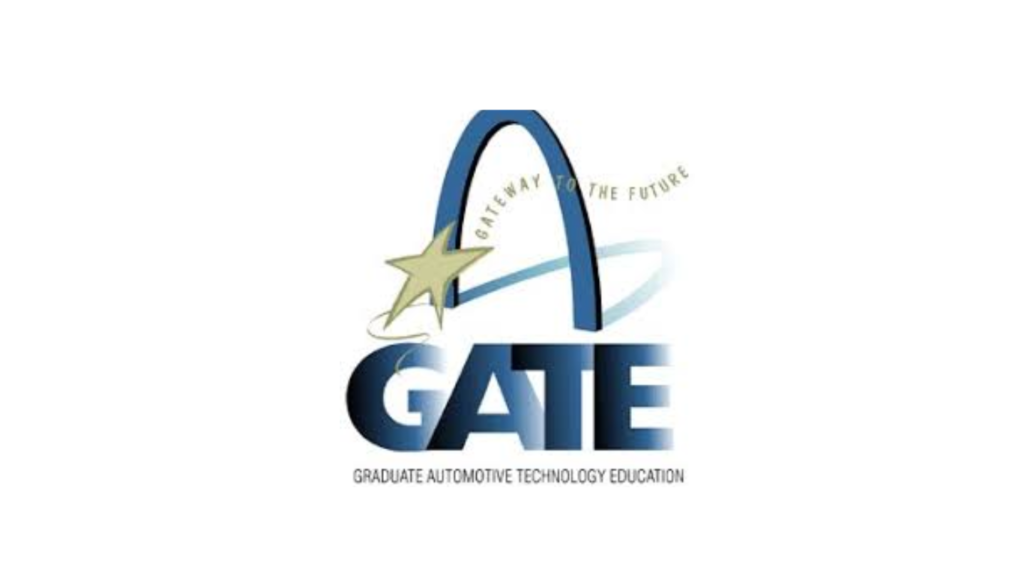History of GATE:
Origin: GATE was first conducted in 1984 as a means to assess the knowledge and understanding of engineering and science graduates seeking admission to higher education programs such as Master’s and Doctoral degrees in India. The Graduate Aptitude Test in Engineering (GATE) is an examination conducted jointly by the Indian Institute of Science (IISc), Bangalore, and seven Indian Institutes of Technology (IITs) at Bombay, Delhi, Guwahati, Kanpur, Kharagpur, Madras, and Roorkee. Here’s a brief history of GATE:
In 2014, GATE transitioned from a paper-based examination to an entirely computer-based online mode to enhance efficiency, transparency, and security in the examination process. This move has streamlined the conduct of the exam and improved accessibility for candidates across the country. Continuous Improvement The organizing committee of GATE continually reviews and updates the examination pattern, syllabus, and other aspects to ensure relevance and alignment with contemporary educational and industrial requirements.

Apart from serving as a gateway for higher education, GATE scores are also used by several Public Sector Undertakings (PSUs) for recruitment purposes. Many PSUs in sectors such as engineering, technology, research, and development consider GATE scores as one of the criteria for selecting candidates for various job positions.
GATE scores are not only accepted by various educational institutions in India but also recognized by several universities and research institutions abroad. Many foreign universities consider GATE scores for admission to their Master’s and Doctoral programs in engineering and science disciplines.
Eligibility for GATE
The following students are eligible to take GATE:
Bachelor’s degree holders in Engineering / Technology / Architecture (3 years after 10+2/ 10+2+3(ongoing)/ 10+2+4(ongoing)/ Post-B.Sc./ Post-Diploma) and those who are in the final year of such programs ( Also prefinal year of B.tech). Master’s degree holders in any branch of Science/Mathematics/Statistics/Computer Applications or equivalent and those who are in the final year of such programs.
Candidates in the second or higher year of Four-year integrated master’s degree programs (Post-B.Sc.) in Engineering / Technology.
Candidates in the fourth or higher year of Five-year integrated master’s degree programs or Dual Degree programs in Engineering / Technology.
Candidates with qualifications obtained through examinations conducted by professional societies recognized by UGC/AICTE (e.g. AMIE by IE(India), AMICE by the Institute of Civil Engineers (India)-ICE(I), AMIETE By IETE(India)) as equivalent to B.E./B.Tech.
A candidate who is currently studying in the 3rd or higher years of any undergraduate degree program OR has already completed any government approved degree program in
Engineering / Technology / Architecture / Science / Commerce / Arts is eligible to appear for GATE 2022 examination. Those who have completed section A or equivalent of such professional courses are also eligible.
Questions and marking scheme
The examination will consist of totally 65 questions, segregated as One-mark and Two-mark questions. Out of 65 questions, 10 questions will be from General Aptitude (Verbal and Numerical ability) and 55 questions will be Technical, based on the Paper chosen. The General Aptitude section will have 5 One-mark questions and 5 Two-mark questions, accounting for about 15% of total marks. The Technical section and Engineering Mathematics section will combinedly have 25 One-mark questions and 30 Two-mark questions, accounting for about 85% of total marks. Further, all the sections may have some Multiple Choice Questions or MCQs, while remaining questions may be Multiple Select Questions or MSQs and/or Numerical Answer Type questions or NATs. The examination awards negative marks for wrong MCQ answers. Usually, 1/3rd of original marks will be deducted for wrong MCQ answers (i.e. -0.33 for wrong One-mark answers and -0.66 for wrong Two-mark answers) while there are no negative marks for MSQs and NATs. Also there is NO partial credit for MSQs and NATs.
Calculation of "normalized marks" for subjects held in multiple sessions (CE, CS, EC, EE and ME):
From 2014 onward, examination for CE, CS, EC, ME and EE subjects is being held in multiple sessions. Hence, for these subjects, a suitable normalization is applied to take into account any variation in the difficulty levels of the question sets across different sessions. The normalization is done based on the fundamental assumption that “in all multi-session GATE papers, the distribution of abilities of candidates is the same across all the sessions”. According to the GATE committee, this assumption is justified since “the number of candidates appearing in multi-session subjects in GATE 2014 is large and the procedure of allocation of session to candidates is random. Further it is also ensured that for the same multi-session subject, the number of candidates allotted in each session is of the same order of magnitude.”
If you like the information given by me, then please comment or ask something.
